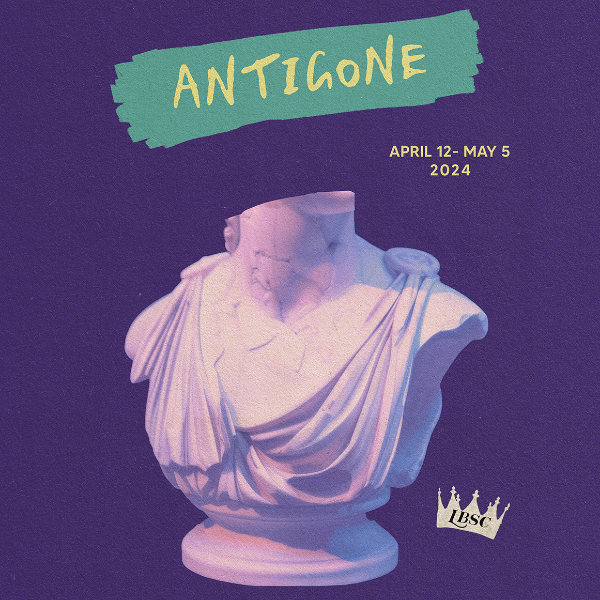Antigone

Antigone
Synopsis: Ancient Greece is devastated by a great civil war. Thebes wins and survives but at a terrible cost: two sons of Oedipus, Polyneices and Eteocles, killed each other in a battle.Then their uncle, King Creon decrees traitors to Thebes will not receive a proper burial and further orders that anyone who dares to bury Polynices will be sentenced to death. Oedipus's daughters, Antigone and Ismene, return to Thebes and Antigone vows to give Polynices the proper burial rites. Ismene pleads with Antigone, but Antigone will not listen and buries her brother proudly and unafraid. Summoned before an enraged King Creon, Antigone vows that she will not break the laws of the gods just to blindly follow Creon's law. Creon declares that she will die for her disobedience. Ismene pleads with her Uncle Creon to spare her sister's life. Antigone is engaged to Creon's own son, Haemon who threatens that Antigone’s death sentence will not be the only blood spilt. Antigone, imprisoned in a tomb, takes fate into her own hands and kills herself. Meanwhile blind seer Tiresias advises Creon to relent and Creon has a change of heart. But it is too late and Creon is left with even more blood on his hands.
The Argument: Everyone in Thebes is trying to get what they have lost: the sons, brothers, husbands lost in war. The person you long to hold in your arms again that is gone, trapped just out of reach forever even in the afterlife. If you cannot find peace in this life the gods must have mercy and give them at least that.The ancient Greek tragedy Antigone brings the eternal question of man's law vs god's law. A woman faces persecution for providing her brother a proper burial. How long can we go without honoring our dead? We find ourselves faced with the same question. In the recent pandemic, we experienced a time when we were not been able to give our own dead a funeral. Can we still take the time to honor what we have lost?